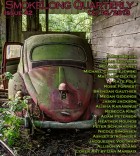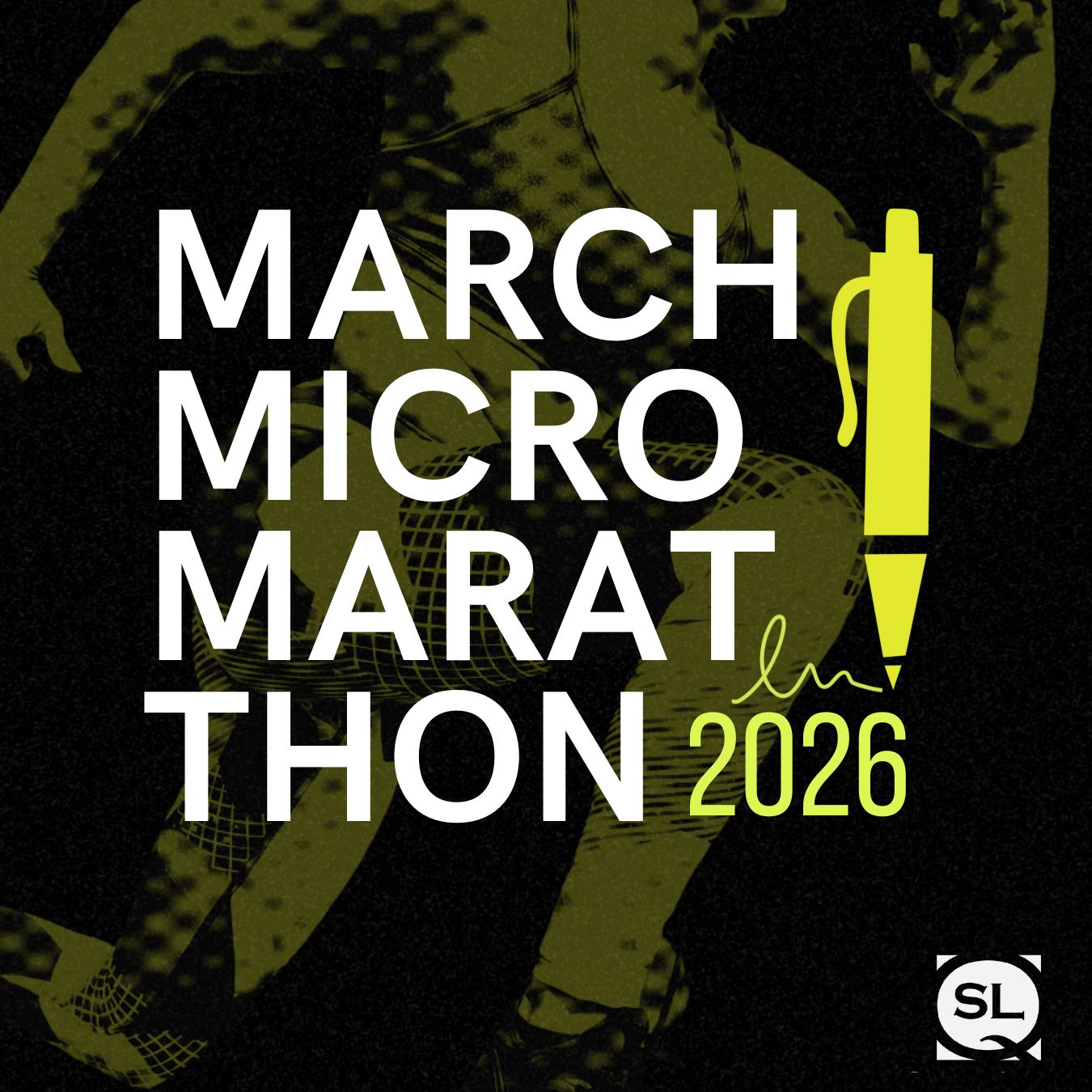What was the original inspiration for the piece?
I actually got the impetus to write this story from one of those writing prompt books. Normally, I never use the them because I need a personal “in” to get to any good material in writing, and the prompts are usually so bizarre and wholly unconnected to me that they don’t inspire anything. However, that morning, I was itching to write so I flipped through the book.
One prompt mentioned Lot’s wife, and despite my thirteen years of Catholic school, my first association with her is Kurt Vonnegut’s Slaughterhouse-Five. He writes, “And Lot’s wife, of course, was told not to look back where all those people and their homes had been. But she did look back, and I love her for that, because it was so human. So she was turned into a pillar of salt.”
In the Bible, Lot’s wife is so clearly and swiftly punished, and I remember wondering as a child why she would look back at all. But when I was older, Vonnegut’s words about her struck me, and I’ve carried them with me for years now—one of those literary moments that you love and find yourself thinking about. Because it is so human, to look back at a place, person, or time you once loved. Nostalgia, regret, loss: these are things I can write about.
I love how you change the reason for the salt transformation, compared to the Bible story. The original Lot’s wife is transformed as a punishment. This character is transformed from her own longing. Did this change occur to you at the beginning, or was it part of the process of discovering the characters and their desires?
The story always opened with them in bed, finding salt in their sheets, so it was a slow transformation from the earliest drafts. I was reading Etgar Keret at the time, and I love how his stories always start with a magical premise or a mystery, usually from the very first line, and his characters scramble to make sense of and accommodate this magical event within their real world. I think I imitate that structure here.
I will say that the whole idea of waking with salt in the bed was inspired by the fact that I woke up that morning to a couple tiny pieces of kitty litter in my bed (much less romantic than salt or sand, I know), but it’s such a visceral experience. One of my early readers commented how regret often feels like that too: insistent, grating against you when you least expect it, waking you from sleep. I liked that idea, though it hadn’t occurred to me until she pointed it out.
The choice of a bakery on the sea shore seems so perfect.
Thanks! I wanted the wife to work with salt in some way so that the salt on her body could be explained away to a point, and baking seemed like a natural fit. It’s also been on my mind because my boyfriend has Celiac’s disease, so anytime we want bread, or cookies, or pie, we have to make them from scratch with gluten free flour. I’ve had some fantastic flops and a some successes so far, but I really find baking a creative and cathartic process.
The beach sort of wrote itself into the story with the sand, and it just worked, and I loved it, so I left it there. I mean, who wouldn’t love a fresh croissant or slice of cold apple pie on a hot summer day at the beach?
The characters’ genders were left ambiguous. My first assumption—because of the original story—was that the narrator was male and the grief-stricken spouse female, but a friend of mine imagined they were both women. How do you see them?
I imagined the narrator as male and the spouse as his wife because of the original story as well, but I’m really glad that the story was open enough for someone to imagine two women instead! My last few flash fiction stories have naturally fallen into this I-you relationship, which does allow for a more open interpretation of gender and, I think, leaves a space for the reader to bring in their own life and experience into the story.
Can you describe your writing space for us?
I like to write in bed under the covers, or on the couch with pillows and blankets all around me. I like to be warm and comfortable, so I can settle in and really disappear into whatever I’m writing for a couple hours. However, this is apparently terrible for your posture and wrists. I had to buy my first pair of wrist splints recently after some carpal tunnel flare ups, so I’m learning to write at a desk.
I dream about having my own fancy writing office with beautiful furniture and notes pinned to a wall around me. But I think I’ll always gravitate toward soft, warm places. I just read an author interview where she said she wrote from a Lazy-boy recliner. That sounds nice to me.



 In its third year, The March Micro Marathon will be, as usual, a prompt-a-day whirlwind for 24 days. You’ll exchange drafts of micro fiction, non-fiction, and prose poetry in small groups and gather for a series of online events (all recorded for participants unable to attend live). We’ll finish with 3 competitions, and participants who are not already in SmokeLong Fitness will be invited to workshop with SmokeLong Fitness until the end of April!
In its third year, The March Micro Marathon will be, as usual, a prompt-a-day whirlwind for 24 days. You’ll exchange drafts of micro fiction, non-fiction, and prose poetry in small groups and gather for a series of online events (all recorded for participants unable to attend live). We’ll finish with 3 competitions, and participants who are not already in SmokeLong Fitness will be invited to workshop with SmokeLong Fitness until the end of April!